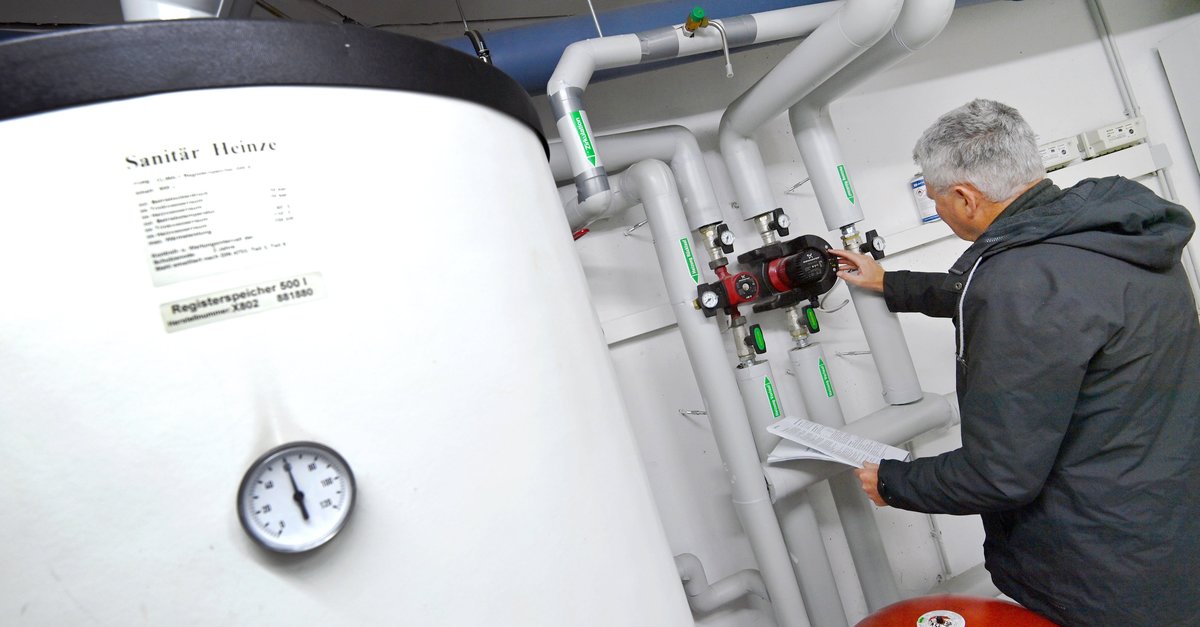The sad truth on Germany’s autobahns
Covering long distances in an e-car – this option is a crucial criterion for potential buyers. This can be ensured not only by ever larger batteries in electric cars themselves, but also by a dense network of powerful fast chargers. But there is still room for improvement on Germany’s autobahns.
Long journeys by electric car could be much easier than it has been so far. Victor Perli, member of the Bundestag for the party Die Linke, criticizes this. The basis for his criticism are figures from the Federal Ministry of Transport.
Criticism of the expansion of charging stations: not enough fast chargers for e-cars at rest stops
This shows that Germany’s largest service area company has approx 400 locations only on 224 fast charging columns comes with 150 kW power. With 715 charging points, there are an average of three per Autobahn Tank & Rast GmbH service area (source: mirror).
The total number of charging stations at rest stops is therefore not outstanding: “That Tank & Rast’s virtual monopoly on the autobahns is hampering the entire development. Many service areas still lack fast charging points, although the federal government makes almost all areas available for this purpose practically free of charge,” criticizes Perli. Tank & Rast holds concessions for the majority of German motorway service stations and gas stations there.
However, e-car drivers are dependent on fast charging options, especially on motorways. Without the guess E-cars continue to lag behind combustion engines, especially over long distances. Many charging providers are focusing their setup accordingly. However, this often results in charging parks without any notable infrastructure nearby.
Whether from German providers such as Ionity or EnBW for electric cars in general or the superchargers from Tesla, which at least so far can only be used for American electric cars. They all have one thing in common: the charging stations are usually there, there may also be a payment terminal and that’s all.
Despite gaps in the charging network, switching to an e-car is worthwhile:
Charging providers and car manufacturers know the problem
Tesla has recognized the problem of a lack of local supply around pure charging parks. There they want to upgrade the charging stations with their own restaurants, among other things. The functions that Tesla vehicles themselves offer can also do this Make charging time more comfortable – a development that affects practically all modern electric cars, at least in a certain price range.
The traffic light coalition wants one million public charging points in Germany by 2030, preferably fast chargers. With 55,205 (as of February 2022) you’re still a long way from it. The Association of the Automotive Industry recently called for public and private charging stations to be further promoted.


